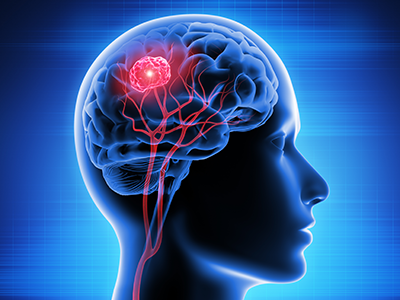Maintaining cognitive function throughout life is often overlooked in favor of discussions about physical health. However, preserving brain health is just as crucial, and thankfully, it doesn’t require expensive interventions or drastic lifestyle overhauls. Cognitive decline isn’t an inevitable consequence of aging; rather, it’s the cumulative result of lifestyle choices over time. By adopting simple, everyday habits, we can significantly impact our long-term brain health and maintain cognitive vitality well into our later years. One of the most effective ways to safeguard brain health is through regular physical activity. This doesn’t necessitate strenuous workouts or marathon training. Even moderate exercise, such as brisk walking, can yield substantial benefits. Walking improves blood flow to the brain, enhances sleep quality, and reduces stress levels, all of which contribute to neuronal health. Engaging in group walks adds a social element, further enriching the experience. Yoga is another excellent practice that combines physical movement with mindfulness, promoting flexibility, strength, and stress reduction. Lowering cortisol levels, a stress hormone detrimental to brain health, is a key benefit of yoga. In essence, any form of physical movement, even brief stretches or deep breathing exercises, contributes positively to brain health.
Nutrition plays a critical role in brain health, echoing the adage, “you are what you eat.” A diet rich in fruits, vegetables, whole grains, nuts, seeds, and fish provides essential nutrients like omega-3 fatty acids, antioxidants, and vitamins that nourish neurons and combat inflammation. This dietary pattern, often referred to as the Mediterranean diet, has been linked to a reduced risk of Alzheimer’s disease. Conversely, it’s crucial to limit ultra-processed foods, sugary drinks, and excessive alcohol consumption, as these contribute to inflammation and can damage the vascular system supplying the brain and body. Proper hydration is another often-neglected aspect of brain health. Even mild dehydration can impair cognitive functions like memory and concentration.
Just as muscles weaken with disuse, the brain also needs regular stimulation to maintain its sharpness. Engaging in mentally challenging activities like puzzles, crosswords, learning a new language, or pursuing hobbies like painting or playing a musical instrument keeps neural connections active and promotes growth. Variety is key; sticking to the same mental exercises over time diminishes their effectiveness. Social interaction is another vital form of mental exercise. Meaningful conversations, debates, and shared laughter activate multiple brain regions simultaneously. Loneliness has been associated with accelerated cognitive decline, while an active social life helps maintain cognitive function in later years.
Sleep and downtime are essential for brain health. Sleep acts as a restorative process, allowing the brain to clear toxins and consolidate memories. Chronic sleep deprivation not only leads to fatigue but also impairs memory and concentration. Establishing a regular sleep routine, including minimizing screen time before bed, dimming lights, and reading, can significantly improve sleep quality and quantity. Daytime rest is equally important. Constant multitasking and overstimulation deplete cognitive resources and elevate stress hormones. Short breaks throughout the day – a brief walk, deep breathing exercises, or simply enjoying a cup of tea without distractions – allow the brain to recover and recharge.
Implementing these brain-boosting strategies doesn’t require a complete life overhaul. Small, consistent changes can make a substantial difference. Joining a morning yoga class, taking group walks, swapping unhealthy snacks for nutritious options, learning a new skill, prioritizing sleep, and staying socially connected are all manageable steps that contribute to long-term brain health. These habits aren’t quick fixes but rather long-term investments that build cognitive resilience over time. Each small step is like making a deposit into a savings account for your future brain health.
It’s easy to assume that cognitive decline is an inevitable part of aging. However, lifestyle plays a significant role in determining the rate and extent of this decline. While genetics and biology are contributing factors, our daily choices regarding physical activity, nutrition, sleep, and social interaction have a profound impact on the health of our minds. By embracing these simple yet powerful habits, we can take proactive steps to protect our brains and maintain cognitive vitality throughout our lives. These conscious decisions empower us to age gracefully, preserving our mental sharpness and enjoying a fulfilling life well into our later years.














